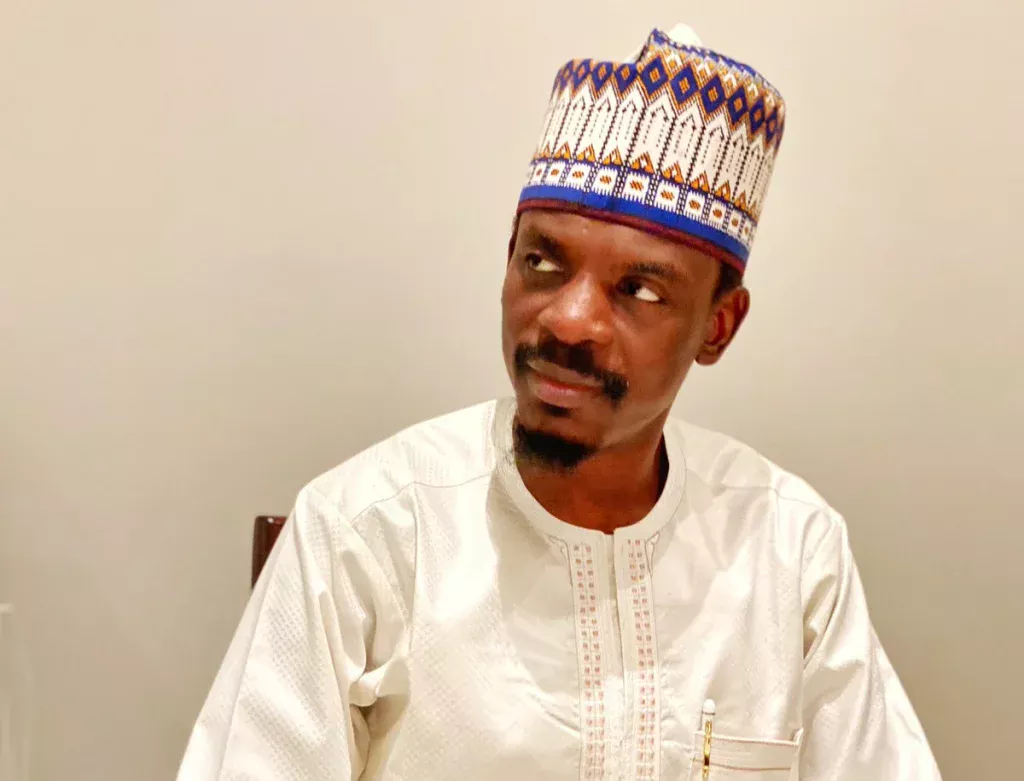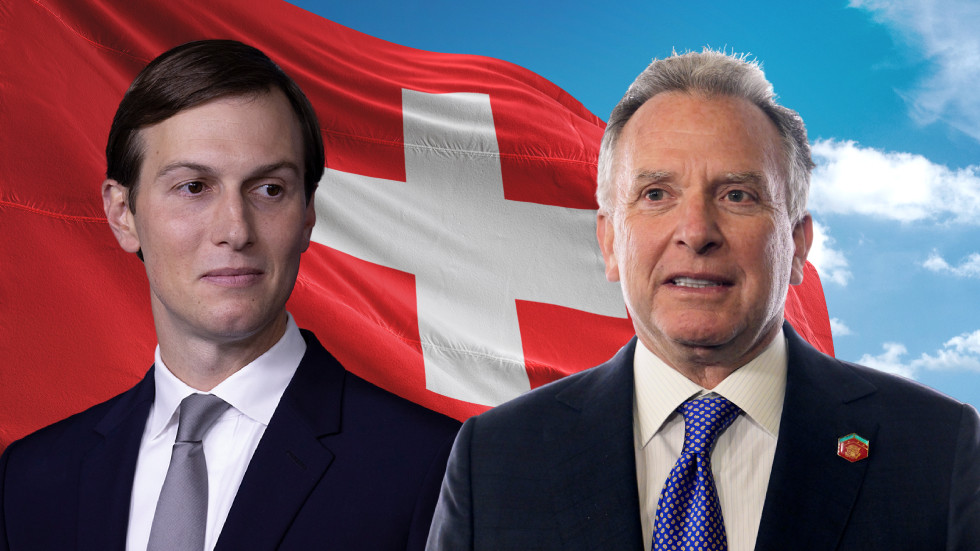In western Kenya, a region plagued by limited access to reproductive healthcare, the tragic story of 25-year-old Mary Olouch serves as a stark reminder of the consequences of restrictive abortion laws. Mary died following a botched abortion in the village of Karabok, leaving behind a young son who barely knew her. According to community health volunteer Loice Ochieng, Mary’s silence about her situation was likely due to fear of stigma and rejection from her community, given that abortion is only legal in certain circumstances in Kenya.
In Kenya, abortion is permitted when a woman’s life or health is at risk, but the interpretation of what constitutes a health risk is widely debated. This ambiguity has led to a lack of access to legal abortion services, forcing many women to seek unsafe procedures outside the healthcare system. A 24-year-old woman, who chose to remain anonymous, recounted her own experience with an unsafe abortion, which resulted in severe bleeding and abdominal pain. She was fortunate to have received medical attention in time to survive.
The Kenyan government’s stance on abortion is reflected in the views of lawyer Charles Kanjama, chairman of the Africa Christian Professionals Forum, who opposes abortion on demand. Kanjama is currently involved in legal cases challenging the interpretation of abortion laws in Kenya. He, along with several political and religious leaders, has also rejected the use of mental health as grounds for a legal abortion. Despite some doctors considering mental health risks legitimate, most public hospitals in Kenya do not offer abortion services.
The restricted access to abortion services in Kenya has significant implications for women’s health and wellbeing. With many women resorting to unsafe procedures, the risk of complications and even death is high. The Kenyan government’s position on abortion is influenced by a complex array of factors, including cultural, religious, and social attitudes. As the debate surrounding abortion laws in Kenya continues, it is essential to consider the experiences of women like Mary Olouch and the 24-year-old who suffered an unsafe abortion. Their stories highlight the need for increased access to safe and legal reproductive healthcare services, as well as a more nuanced understanding of the complex issues surrounding abortion in Kenya.



